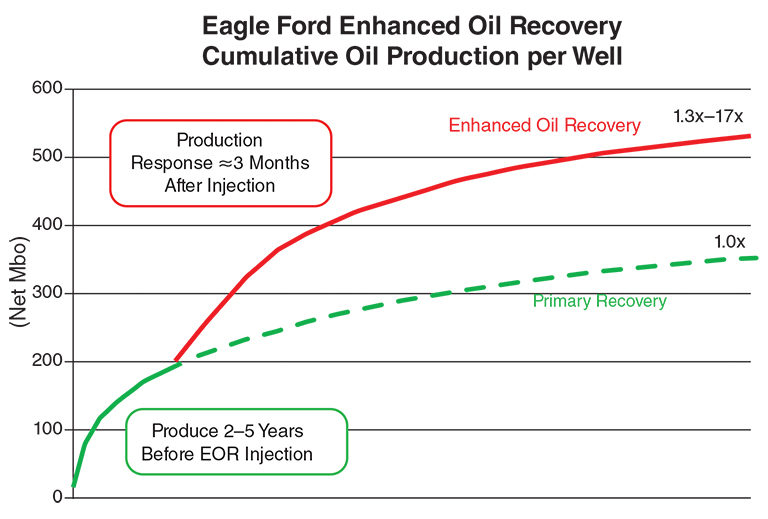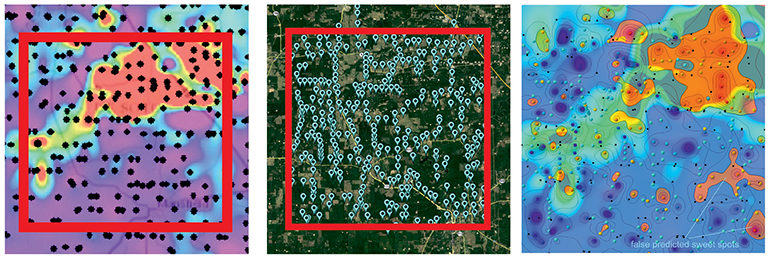In a case that is probably a recurring nightmare for oil and gas attorneys, the Texas Court of Appeals recently addressed the question of what constitutes a material change to a written agreement involving the purchase of oil and gas leases in the case of Ranger Energy LLC v. Tonya McCabe Trust et al. In 2008, Mark III Energy Holdings purchased eight oil and gas leases from Tomco Energy. Mark III Energy paid for the leases with a $4 million dollar loan from Peoples Bank. However, two of the leases were accidentally left out of the assignment to Mark III Energy from Tomco Energy. The mortgage lien also failed to include the same two leases. In 2011 and 2012, certain trusts purchased overriding royalty interest in these leases. One of the assignments to the trusts also omitted reference to the same two leases.
Mark III Energy defaulted on the loan and Peoples Bank sued. In settlement of that litigation, Mark III conveyed the leases to Peoples Bank in lieu of foreclosure and gave the Bank a modified deed of trust. Later, the Bank discovered that two leases were missing from the mortgage lien and modified deed of trust, so they took it upon themselves to unilaterally file a corrected mortgage and deed of trust which added the missing leases. Neither the Bank nor Mark III Energy signed the revised agreements. Instead the Bank just added the signature pages from the old documents. In 2013, the Bank sold the lien and indebtedness to an affiliate, Ranger Energy, who then proceeded to foreclose on the loan.
Ranger Energy filed suit to extinguish the overriding royalty interest in the eight leases. The litigation centered on the “correction instrument” statute in the Texas Property Code §§ 5.027–.031. Specifically, the Texas Property Code permits “a nonmaterial change that results from a clerical error,” [§5.028(a)], “a nonmaterial change that results from an inadvertent error,” [§ 5.028(a-1)] and in certain cases “a material correction” to a recorded instrument of conveyance. (§5.029). The statute also allows correction of nonmaterial clerical errors by a person who has personal knowledge of the facts relevant to the correction and the kinds of errors that can be corrected include “a legal description prepared in connection with the preparation of the original instrument but inadvertently omitted from the original instrument”.






